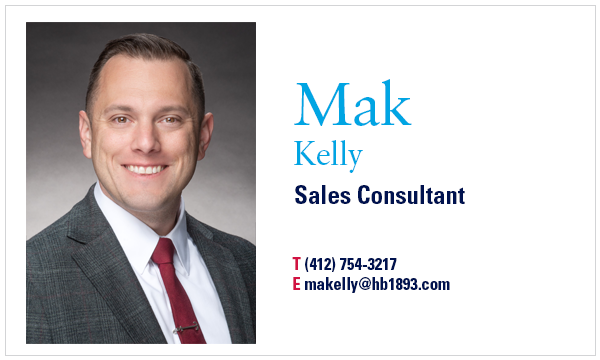Combating Nuclear Verdicts is one of the major challenges facing our transportation clients, and the issue continues to build steam. According to recent reports from the Travelers Institute, the primary reasons nuclear judgments keep getting worse are:
- Social Inflation: The public (juries) have become desensitized to million-dollar judgments, and current reptile theory plaintiff tactics make emotional arguments stick in settlement disputes.
- Plaintiff Attorney Marketing Budgets: With over $1 billion a year going into marketing efforts seeking claim opportunities, this also has a direct and indirect impact on painting and transportation industry in a negative light, which can taint jury members before they’ve even stepped foot into a courtroom.
- 3rd Party Litigation Funding: Uninvolved 3rd parties are providing $39B annually to capture 30-50% of judgments as fees. There’s even legitimate speculation that some of this backing is sovereign wealth funds from countries looking to destabilize American commerce.
It’s important that our clients utilize our risk management consultants, claims consultants, and claims attorneys to get ahead of these issues. Reducing the likelihood of accidents and reducing our crash frequency obviously is the best way to mitigate nuclear judgments, less frequency, less severity. However, there are actions that we can take to reduce the likelihood of nuclear verdicts like: developing a crash response plan; maintaining a clean telematics and compliance program; and having policies in place that you can comply with.
Please note that the information contained in this posting is designed to provide general awareness in regard to the subject matter covered. It is not provided as legal, medical, or tax advice, nor is it intended to address all concerns in your workplace or for public health. No representation is made as to the sufficiency for your specific company’s needs. This post should be reviewed by your legal counsel or tax consultant before use.


